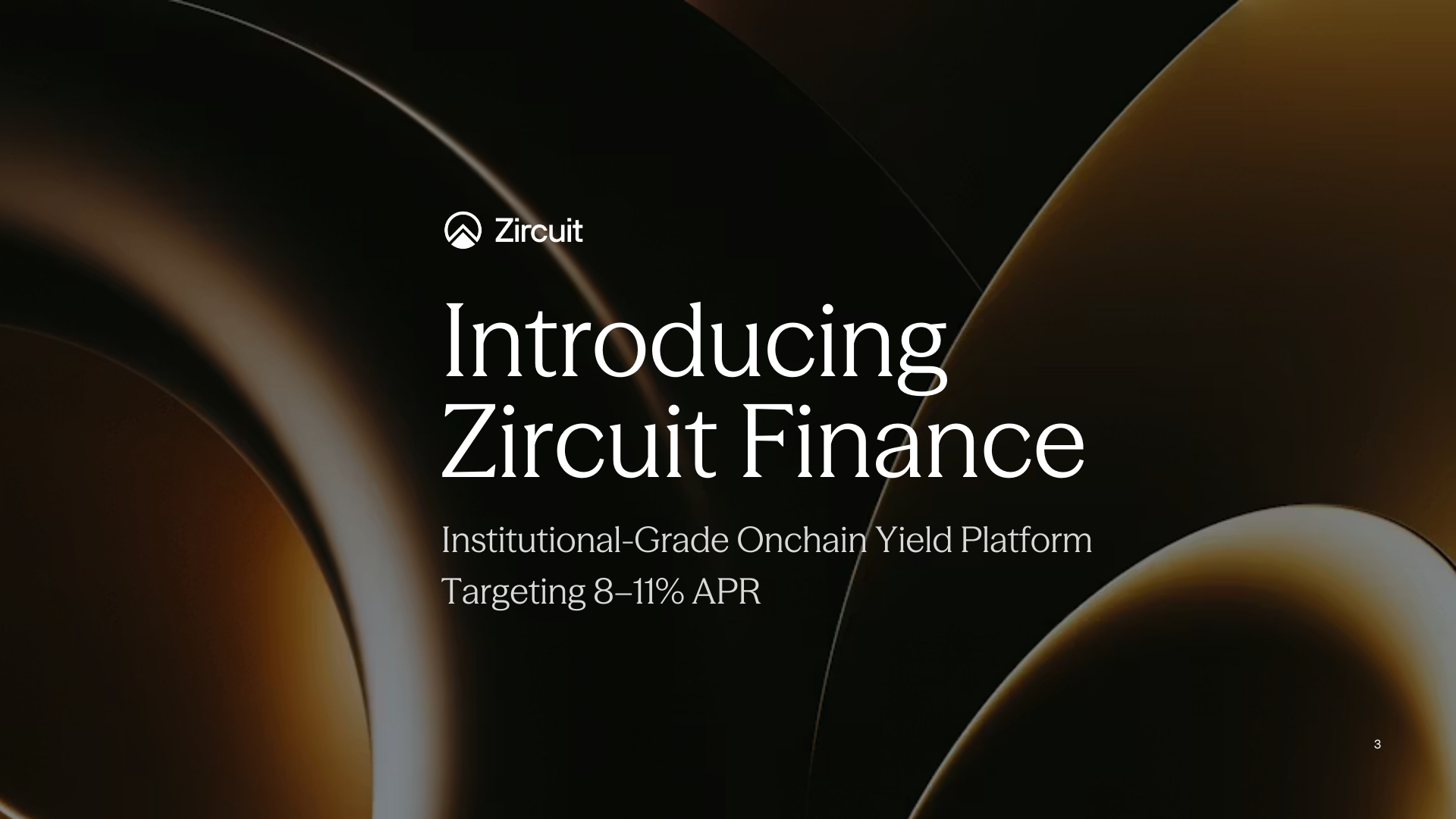Key Insights
- FTX founder Sam Bankman-Fried (SBF) testified in his own defence this week.
- SBF denied responsibility for the collapse of FTX and said that he consulted with lawyers for every major decision he made.
- Legal experts say SBF may have little to lose by testifying, as he has already been implicated by former FTX insiders.
- FTX debtors have transferred millions of dollars worth of crypto assets to various exchanges, including Binance and Coinbase.
- Some experts believe that these funds are being prepared for sale.
Sam Bankman-Fried (SBF), the founder of now-defunct FTX was in a New York court recently.
According to reports, Bankman-Fried testified in his own defence on Thursday this week, where he has been accused of committing fraud and conspiracy.
Last year in November, Bankman Fried was arrested for allegedly wiring billions of dollars deposited by customers on FTX, and then “borrowing†them from Alameda.
According to details of the hearing, SBF has said that he consulted with lawyers for every major decision he made at FTX and that he never intended to harm anyone.
SBF Claims he Relied on Lawyers for Key Decisions
Bankman-Fried was called to the witness stand on Thursday this week, after after the prosecution rested its case.
Prior to this, the trial had lasted for 12 days and involved testimony from several former FTX insiders.
SBF on the witness stand, told the jury that the lawyers made or approved most of the important decisions made at FTX.
He went further to say that he relied on the advice of lawyers for key decisions at FTX, such as how to handle customer deposits, document retention policies, and loans to executives.
To this effect, he said he sought legal opinions from both FTX-employed lawyers and external ones on various legal issues, such as anti-money laundering regulations, tax reporting obligations, and customer agreements.
He also said he believed FTX was providing a valuable service to the crypto community by offering innovative products and low fees.
Prosecutors Challenge Bankman-Fried’s Testimony
The prosecutors, however, weren’t having it.
The prosecuting lawyers went ahead to ask Bankman-Fried about his use of encrypted messaging platforms such as Slack and Signal, if not to conceal his activities and avoid detection by regulators.
The prosecutors also questioned him about why he had FTX customers deposit funds sent into accounts belonging to Alameda.
They pointed out that after having these monies sent from FTX, Alameda used the deposits to lend money to FTX executives, including Bankman-Fried himself, who then used the loans to invest in other projects or personal expenses.
The lawyers also asked SBF to provide specific examples of conversations in which lawyers approved his actions or gave him legal advice, which Bankman-Fried struggled to recall.
Bankman-Fried also admitted that he did not always follow the advice of lawyers or disclose all relevant information to them.
Legal Experts Say Bankman-Fried Has Little to Lose by Testifying
According to a consensus from legal experts, Bankman-Fried may have little to lose by testifying to the jury, given weeks of the testimony against him former FTX insiders.
SBF’s lawyer, Mark Cohen has said Bankman-Fried’s direct testimony to the jury could last close to five hours before prosecutors get a chance to cross-examine him.
So far, his lawyers have accused three of Bankman Fried’s former colleagues (including Caroline Ellison, Nishad Singh and Gary Wang), of pleading guilty and agreeing to cooperate with prosecutors of tailoring their testimony to implicate Bankman-Fried in the hopes of receiving lenient sentences.
Bankman-Fried in turn, has maintained that while he made mistakes running FTX, he never intended to steal funds.
FTX Debtors Transfer Millions of Dollars Worth of Crypto Assets to Exchanges
According to recent and related reports, a group of debtors managing FTX’s cold storage wallets have transferred more than $19 million worth of several cryptocurrencies to various crypto exchanges.
According to a tweet from Peckshield, approximately 470,000 $SOL tokens (worth $15 million) were transferred to different wallets on several crypto exchanges, including Binance.

Even more so, another ERC wallet associated with FTX sent several assets totalling 11,000 $COMP tokens worth $2.5 million to a Binance deposit address.
And in a separate transaction, 1,395 Ether (ETH), worth $2.5 million, found its way to Coinbase.
LINK, AAVE, MKR, And ETH Get Transferred
In a separate report, Nansen also uncovered a significant transfer of crypto assets worth $8.6 million from FTX and Alameda Research to a Binance address.

Nansen says that this wallet sent $2.2 million in LINK, $1 million in AAVE, $2 million in MKR, and $3.4 million in ETH to two separate Binance addresses.
Nansen also mentioned the possibility that these funds might have been sent to these exchanges for selling or preparing them for sale.
Keep in mind also, that over a week ago, FTX staked $150 million in Solana (5.5 million $SOL worth $122 million), and ETH (more than 24,000 ETH, worth $30 million).
The staked tokens so far, are expected to bring in an APY of about 6.79% yearly, or about $8 million in $SOL.
Disclaimer: Voice of Crypto aims to deliver accurate and up-to-date information, but it will not be responsible for any missing facts or inaccurate information. Cryptocurrencies are highly volatile financial assets, so research and make your own financial decisions.









